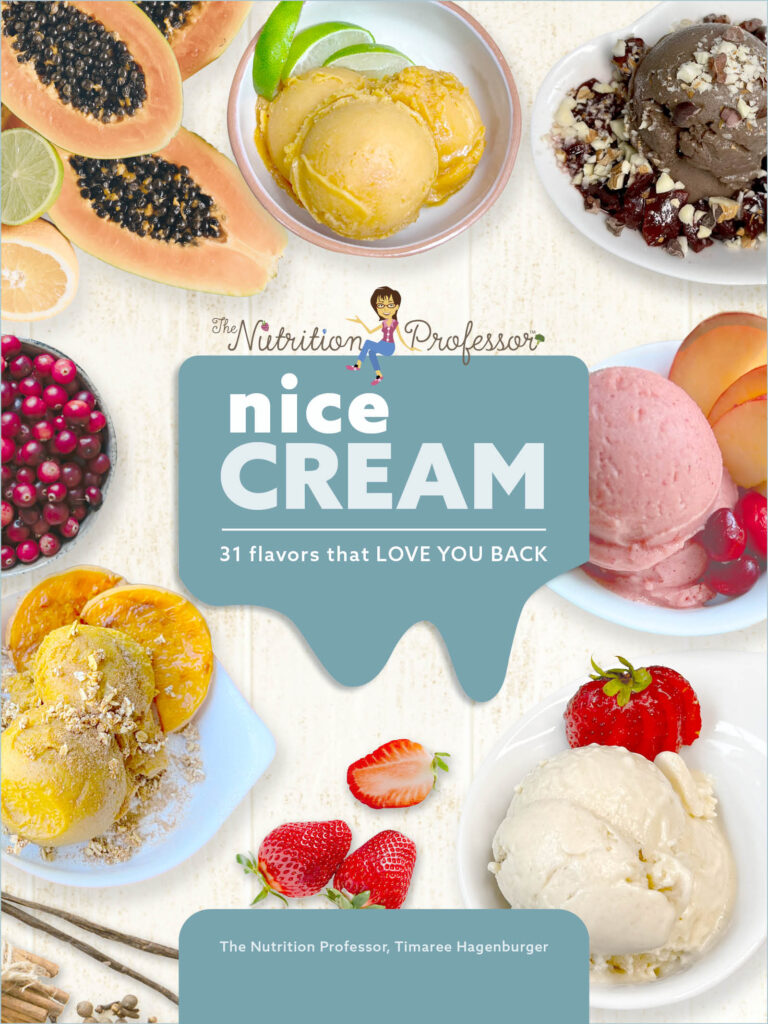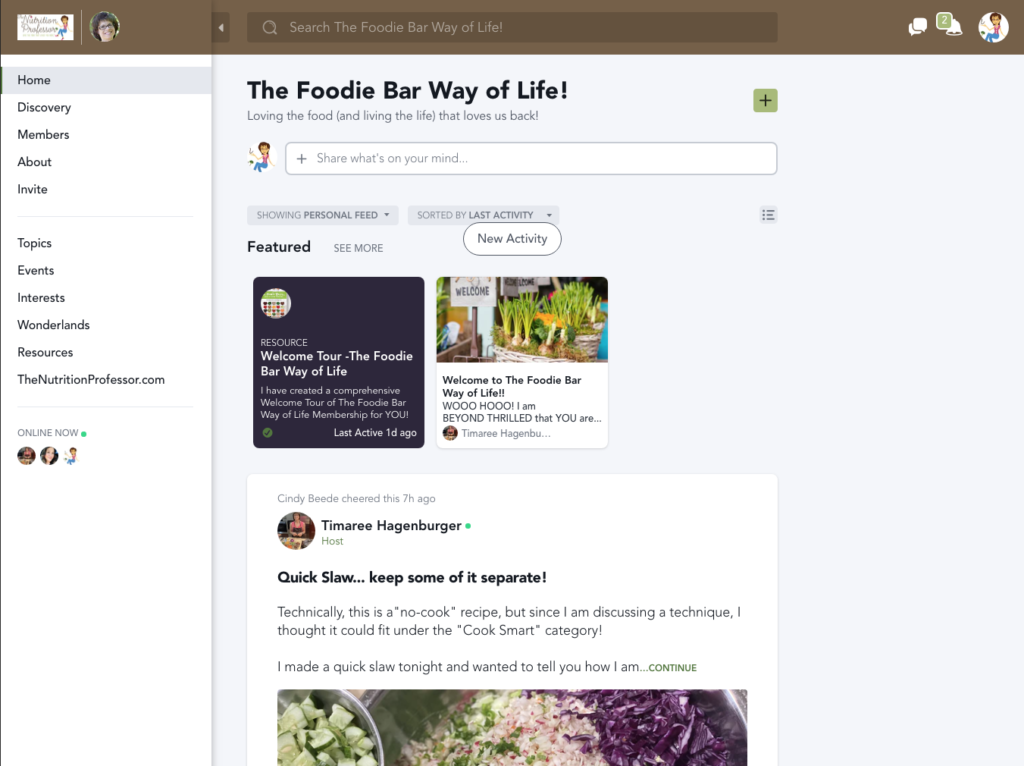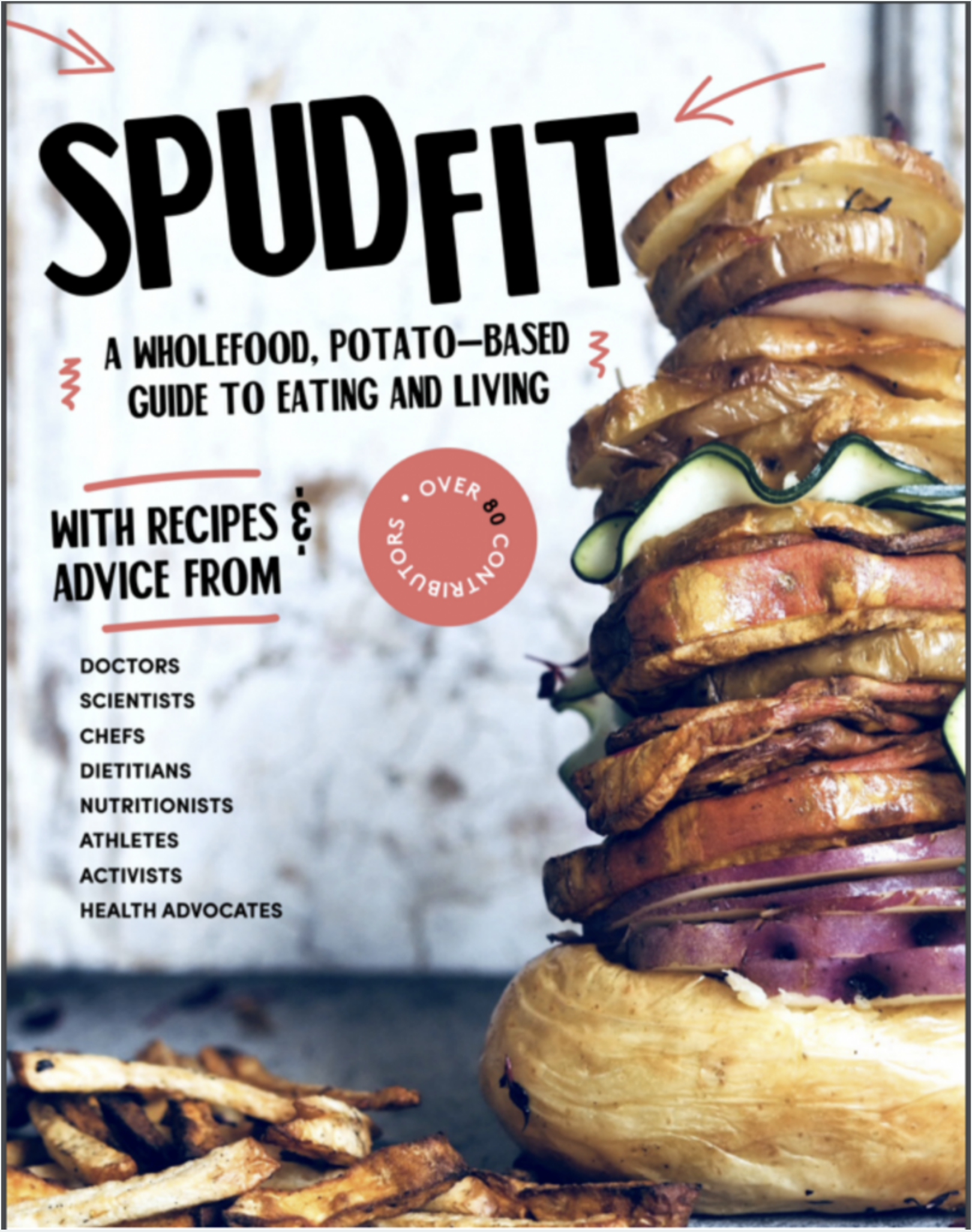Are you sabotaging your efforts to lose or maintain your weight with every sip you take?
If you find yourself feeling hungry all day long, it might just be what you are drinking. Depending on the beverage, mindless sipping can even contribute to health issues, like weight gain and obesity, insulin insensitivity and diabetes, and elevated cholesterol and hypertension.
While we all know that milkshakes are calorie bombs that range from 700 to 2400 kcalories each, I think that the little sneaky liquid calories are much more problematic than most of us will admit. A small glass of orange juice in the morning, a non-fat mocha between errands, a small soda with lunch, an energy drink in the afternoon, and a few beers or cups of sweet tea at dinner can add up to 10, 20 or even 50-plus pounds of excess weight over a year.
One of the main challenges is that, while sweet flavors on our tongue initiate communication with our brain to stimulate our appetite, our bodies don’t seem to recognize the calories coming in from beverages to the same extent as with solid food. So while these calories can easily be stored as body fat, they don’t help us figure out when we are satisfied and need to stop eating or drinking. We also tend to feel hungrier sooner after consuming liquid calories.
Now, before you think that you are off the hook because you drink “diet,” there is a well-established connection between diet drinks and weight gain, as well as an increased risk of developing diabetes and a laundry list of other negative side effects.
If you are wondering how a no-calorie beverage can make you gain weight, here are several explanations: Many people incorrectly assume that choosing a diet drink will greatly reduce the calorie content of their meals — the double burger, fries and a diet drink scenario. Research also shows that when people know that they are consuming a “diet” drink, they eat more calories at the next meal, but do not overcompensate like this when they think they are drinking “regular.”
Your gut also gets involved in the process. When food is broken down and then absorbed into the blood stream, your body normally responds to the influx of macronutrients (carbohydrate, protein and fat) and sends messages to your brain that since nutrients have arrived, there is no need to keep eating. Since artificial sweeteners are made of chemicals that stimulate our taste buds but do not nourish our bodies, we get the message to keep feeding, and who knows what could be in front of us at the time? Perhaps a candy dish, the last slice of pie, your kids’ leftovers, a cookie or donut in the break room.
What to do? Make mindless sipping work for you! Before going to bed, fill a large pitcher, or half gallon Mason jars, with water and a combination of some of your favorite fresh or frozen fruits and herbs, so that the whole family will have easy access to delicious drink options. Have fun experimenting with lemon, lime or orange slices combined with raspberries, strawberries or kiwi. Adding several chunks of pineapple will also provide a surprising sweetness as the flavor infuses into the water. Cucumber and mint or ginger can be refreshing, too!
If you prefer a less pronounced flavor, make ice cubes with fresh fruit like chunks of kiwi, berries, pineapple or peaches, and add those to individual glasses of water.
The only beverage that rivals water, in terms of health promotion, is tea. Next month, I will dedicate my column to reviewing the latest research about the virtues of tea. However, if you add a few tea bags to your flavored water overnight, you won’t have to wait until then to start enjoying the health benefits.
Another quick tip: When you eat out, make your beverage choice a no-brainer. It is so much easier to avoid the extra calories and cost, when you make your decision ahead of time: “Thank you, I’ll have water with lemon — (ice or no ice).”
If you plan ahead, you can mindlessly sip your way to better health!
Timaree Hagenburger, a registered dietitian, certified exercise physiologist with a master’s degree in public health, is a nutrition professor at Cosumnes River College and sought after speaker. She is so excited about the Plant-Based Nutrition and Sustainable Agriculture certificate program that she and her colleague started there, and also conducts local events, corporate wellness work, has a regular segment on California Bountiful TV, is a frequent podcast guest, and published her innovative and practical cookbook – The Foodie Bar Way: One meal. Lots of options. Everyone’s happy. available at www.FoodieBars.com Find details about Timaree’s upcoming events (cooking demos, book signings and talks about the incredible power you yield with your fork!), and if you missed any of her newspaper columns, podcast interviews or TV appearances, you can find them here at https://www.thenutritionprofessor.com/

 Order and learn more at www.FoodieBars.com
Order and learn more at www.FoodieBars.com

 This is a first for me... Some of MY recipes are part of a rock star compilation cookbook put together by Andrew Spud Fit Taylor!! Order it today!
This is a first for me... Some of MY recipes are part of a rock star compilation cookbook put together by Andrew Spud Fit Taylor!! Order it today!